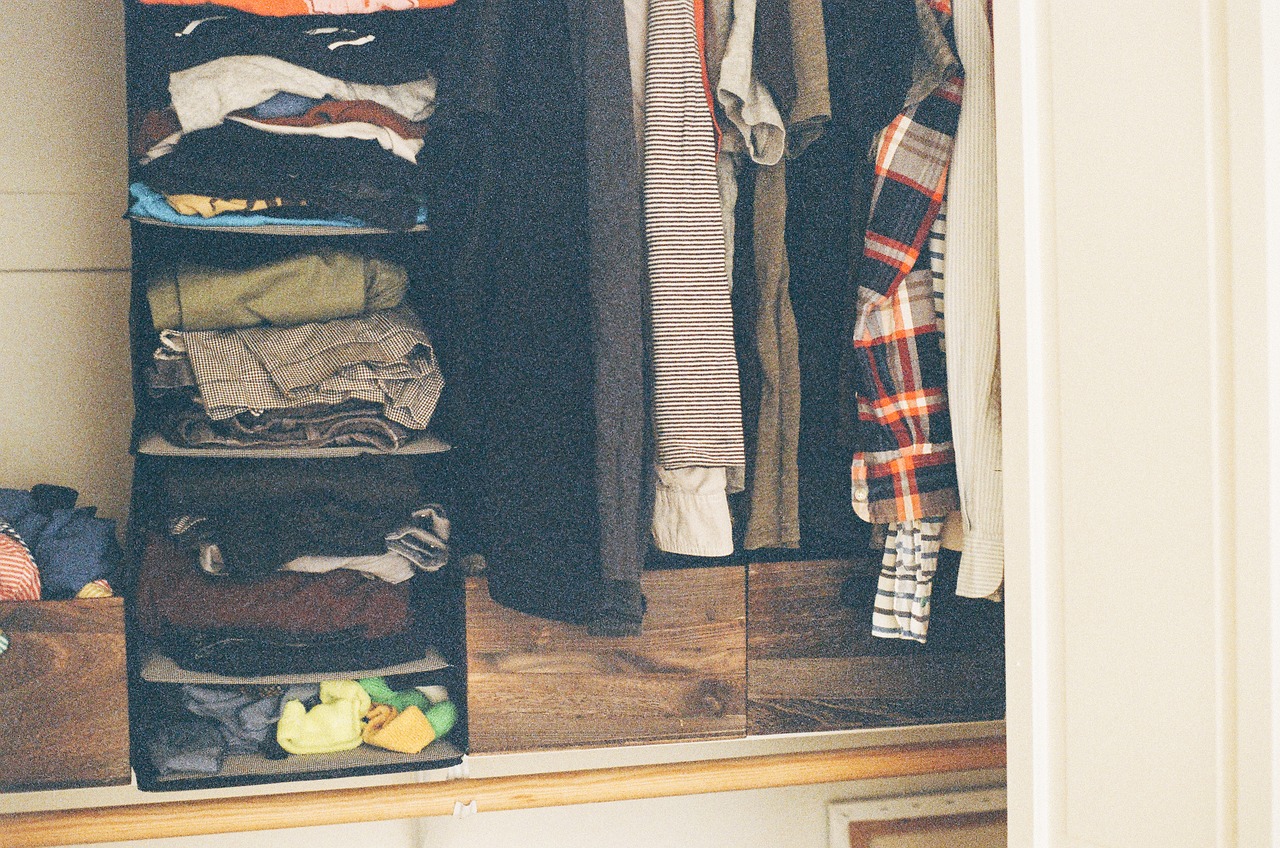Living in Florida, particularly in areas like Pembroke Pines and Fort Lauderdale, offers many perks – beautiful weather, stunning beaches, and vibrant communities. However, one challenge that residents often face, especially in apartment living, is combating mold growth. Mold thrives in warm and humid climates like Florida, and apartments can be particularly susceptible due to shared walls, ventilation systems, and varying maintenance standards. In this guide, we’ll explore effective strategies to combat mold growth and maintain a healthy living environment in your Florida apartment.
Understanding Mold Growth
Before delving into prevention and remediation strategies, it’s essential to understand what mold is and how it thrives. Mold is a type of fungus that reproduces through spores and thrives in moist environments. In Florida, high humidity levels provide an ideal breeding ground for mold, which can quickly spread through airborne spores. Common types of mold found in Florida apartments include black mold (Stachybotrys chartarum), mildew, and various species of Aspergillus and Penicillium.
Prevention Tips
1. Proper Ventilation
- Use exhaust fans in bathrooms and kitchens to remove excess moisture.
- Open windows and doors when weather permits to improve airflow.
- Ensure that dryer vents are properly installed and vented to the outside.
2. Monitor Humidity Levels
- Invest in a hygrometer to measure humidity levels in your apartment.
- Keep indoor humidity below 60%, ideally between 30-50%, to discourage mold growth.
- Consider using dehumidifiers in particularly humid areas of your apartment.
3. Promptly Address Leaks and Water Damage
- Report any leaks or water damage to your landlord or property management immediately.
- Regularly inspect plumbing fixtures, including sinks, toilets, and water heaters, for signs of leaks.
- Ensure that gutters and downspouts are clear to prevent water from seeping into your apartment.

Remediation Techniques
Despite best efforts, mold growth may still occur in your apartment. Prompt remediation is essential to prevent further spread and potential health issues. Here are some effective techniques:
1. Surface Cleaning
- For small, isolated areas of mold growth (less than 10 square feet), clean with a mixture of water and detergent.
- Wear protective gear, including gloves and a mask, to avoid inhaling mold spores.
- Dry the area thoroughly after cleaning to prevent moisture buildup.
2. Use Mold-Resistant Products
- Consider using mold-resistant paints and primers in high-moisture areas such as bathrooms and kitchens.
- Install mold-resistant drywall or sheetrock to minimize the risk of mold growth in walls and ceilings.
3. Seek Professional Help
- For extensive mold infestations or persistent moisture issues, consult with a professional mold remediation company.
- Professionals have the expertise and equipment to safely and effectively remove mold from your apartment.
Conclusion
Combatting mold growth in Florida apartments requires a proactive approach to moisture control and diligent maintenance. By following the prevention tips outlined in this guide and promptly addressing any mold issues that arise, you can create a healthier living environment for yourself and your family. Remember, early intervention is key to preventing mold from becoming a more significant problem. Stay vigilant, and don’t hesitate to seek professional help if needed.
When facing restoration challenges, don’t hesitate to call the experts. Our team of skilled professionals is ready to guide you through every step, ensuring a seamless and successful restoration process. If you have questions or need immediate assistance, engage with our online assistant – a convenient and quick way to get the information you seek. Stay informed about the latest insights and tips in the realm of restoration by leaving your contact information in our contact form. We’ll notify you promptly when we publish our next article on the topic, empowering you with the knowledge you need for a successful restoration experience. Take the first step towards a renewed and revitalized space today!
FAQ
Q1. What are the common causes of mold growth in Florida apartments, particularly in Pembroke Pines and Fort Lauderdale?
A1. Moisture accumulation due to high humidity levels, water leaks from plumbing or roofs, poor ventilation, and inadequate insulation are common causes of mold growth in apartments in Pembroke Pines and Fort Lauderdale, Florida.
Q2. How can tenants identify mold growth in their apartments?
A2. Tenants can identify mold growth by noticing musty odors, visible mold spots on walls, ceilings, or floors, experiencing allergic reactions such as sneezing or coughing, or observing water stains or discoloration on surfaces.
Q3. What health risks are associated with mold exposure in apartments?
A3. Mold exposure in apartments can lead to various health risks, including allergic reactions, respiratory issues such as asthma exacerbation or respiratory infections, irritation of the eyes, nose, and throat, and in severe cases, fungal infections.
Q4. How should tenants report mold issues to landlords or property managers in Pembroke Pines and Fort Lauderdale?
A4. Tenants should report mold issues to landlords or property managers promptly by documenting the problem with photos, describing the location and extent of mold growth, submitting a written request for mold remediation, and following up regularly until the issue is resolved.
Q5. What steps can landlords or property managers take to prevent mold growth in Florida apartments?
A5. Landlords or property managers can take steps to prevent mold growth by ensuring proper ventilation, promptly repairing leaks or water damage, maintaining indoor humidity levels below 60%, conducting regular inspections for mold or moisture issues, and educating tenants about mold prevention and maintenance tips.




 PuroClean of Ft. Lauderdale South
PuroClean of Ft. Lauderdale South